 Blogs
Blogs
In the world of scientific research and development, certain analytes pose unique challenges that require specialized expertise to overcome. Oligonucleotides, a class of analytes consisting of short DNA or RNA sequences, are notorious for their complexity and demanding nature. With their increasing importance in the…
 Blogs
Blogs
Business Wire – May 24, 2023 11:00 AM EST – In an effort to continue providing the…
 Blogs
Blogs
Being that it is a relatively “niche” segment of the industry, there are several key areas that need to be considered in the field of molecular services related to cell and gene therapies. First and foremost, it is important to recognize that regulatory guidelines within this field are…
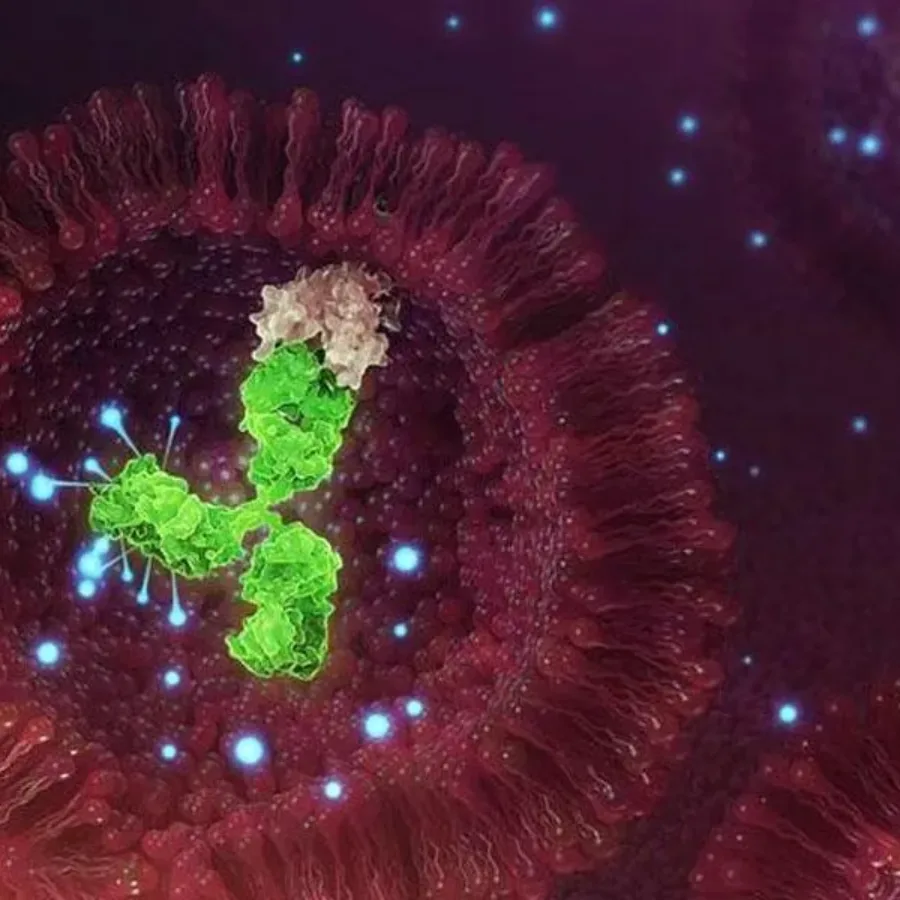 Blogs
Blogs
Anyone who has been following KCAS for any amount of time has likely heard us discuss the advantages of Hybrid LC-MS/MS for the bioanalysis of large molecules. As pioneers in the technology for many years, KCAS has become a strong proponent of working with our customers to demonstrate the quality…
 Blogs
Blogs
Understanding the interactions between drugs and biological systems is critical for the success of a new drug. One key tool in this process is functional assays. Functional assays are customized assays that evaluate the impact of drugs on the functionality of cells. They test for a drug’s specific biological mechanism…
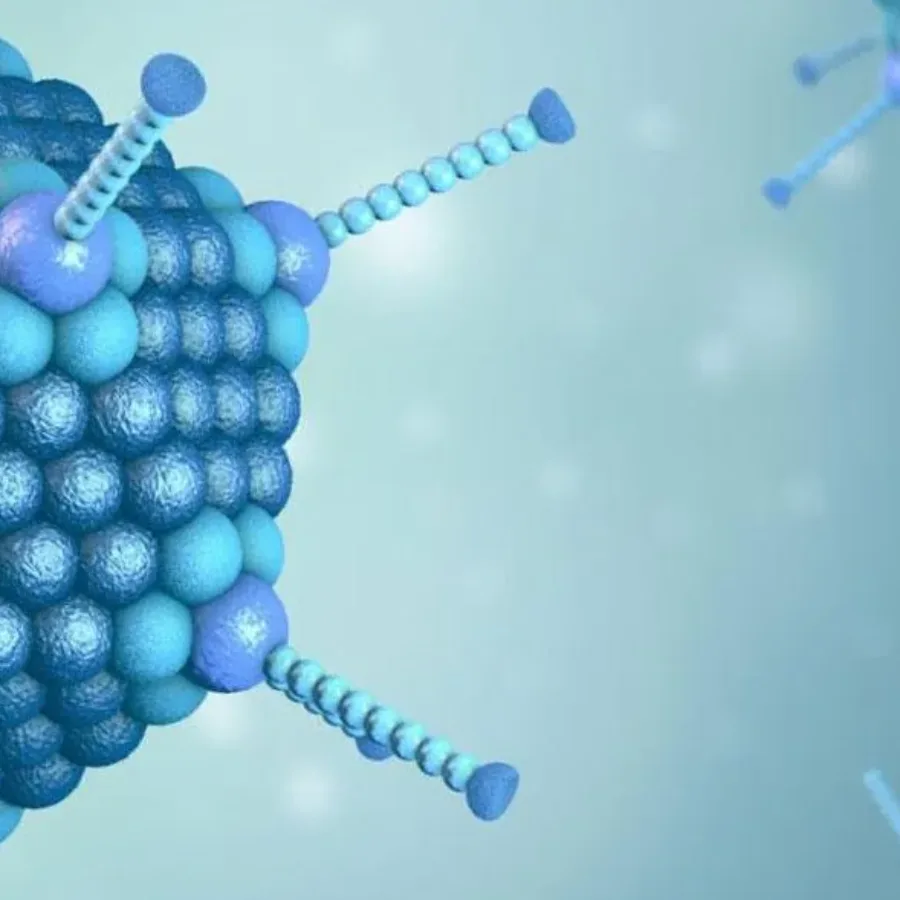 Blogs
Blogs
In 2022 we had 42 FDA Drug Approvals and 3 were Gene Therapies using a viral vector. 2 of the approvals in 2022 were AAV based. The third is manufactured by adding functional copies of the transgene to the patient’s own Hematopoietic Stem Cells (HSCs)…
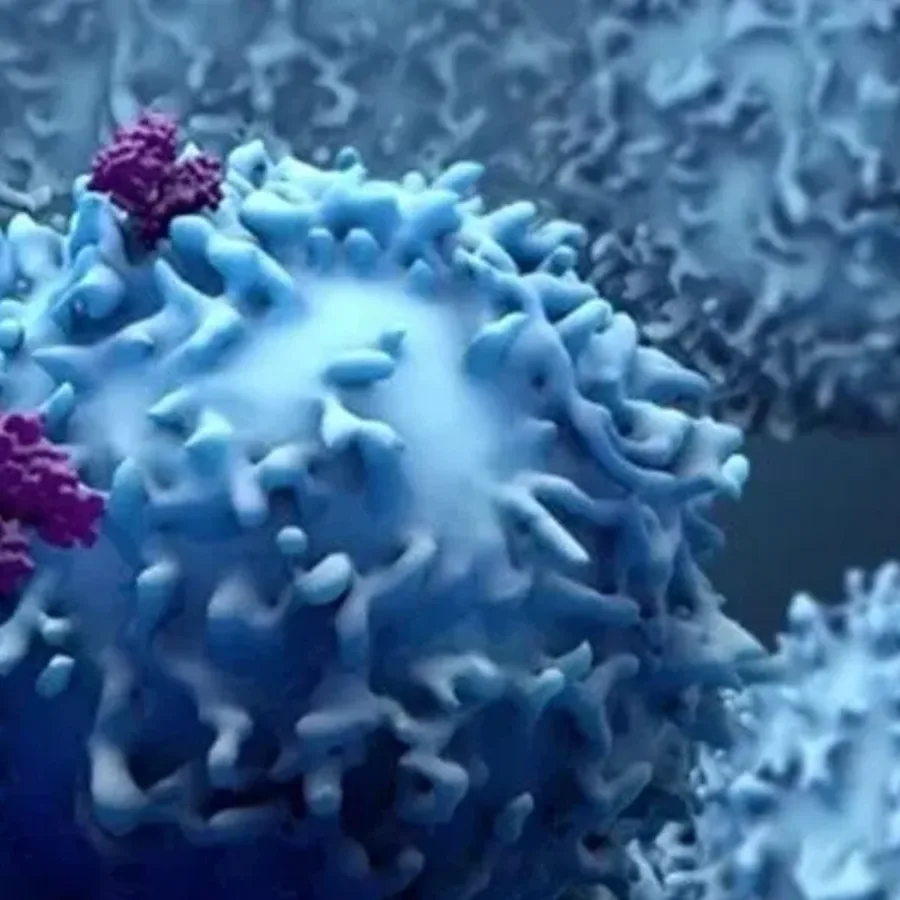 Blogs
Blogs
Due to its ability to analyze multiple parameters across different cell types within a sample, flow cytometry provides rich and clinically valuable data sets from even small volumes of blood. However, flow cytometry is a challenging platform to master, and requires significant investment in equipment and technical training.
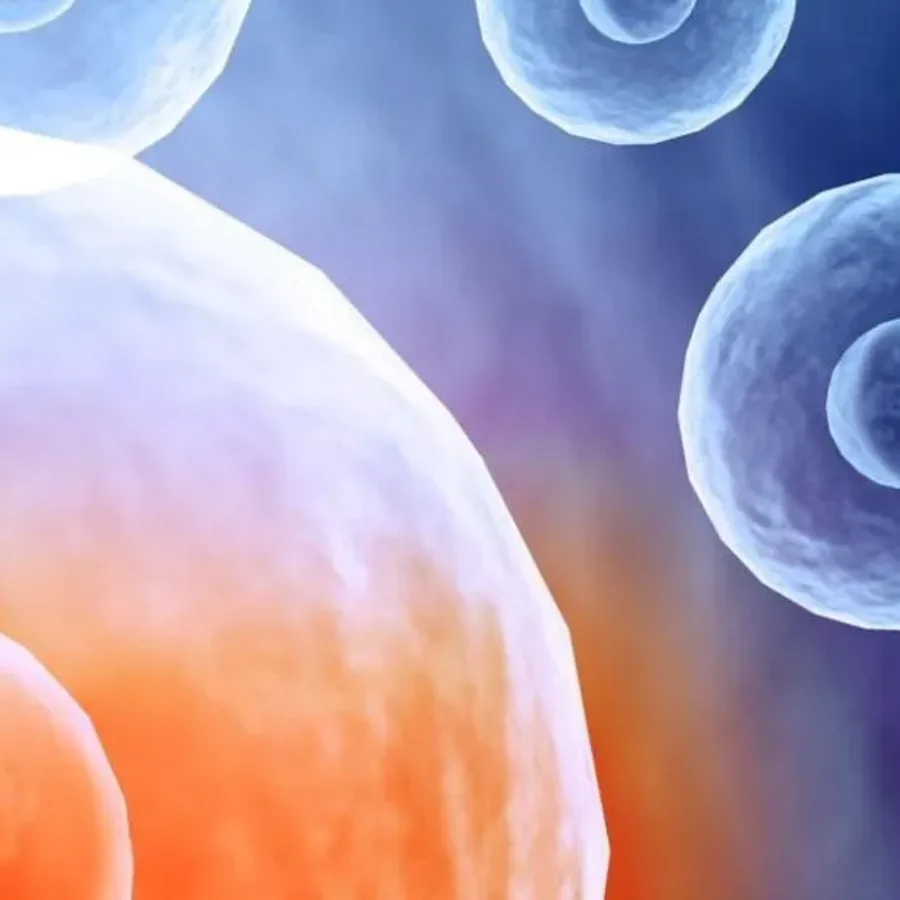 Blogs
Blogs
With the extensive advances in technologies like CRISPR and CAR-T, cell and gene therapy has grown to become a viable way for treating Cancer as well as other diseases. Our team has over 100+ years of collective expertise in molecular services using qPCR and ddPCR for support of…
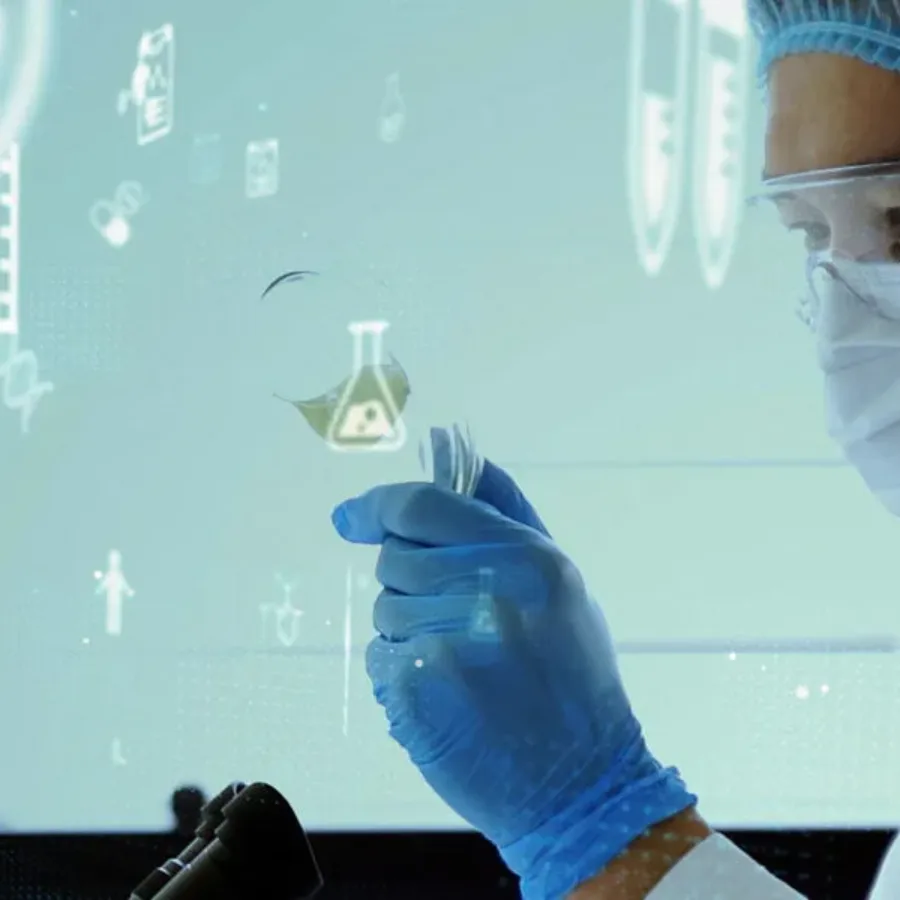 webinars
webinars
Being produced by Xtalks on Friday, June 24, 2022 | 12pm EDT (NA) / 5pm BST (UK) / 6pm CEST (EU-Central) 60 min Webinar Description: Cell and gene therapies (CGTs) are types of treatment that use cellular or genetic material with the goal of treating a disease or a…
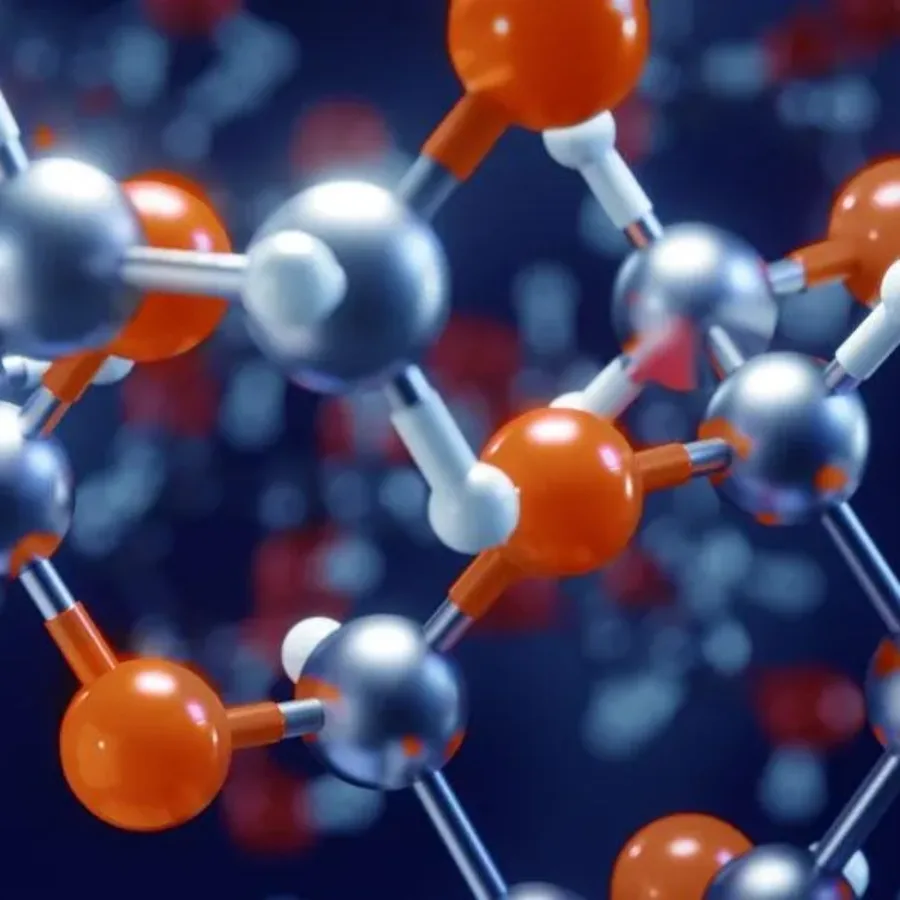 Blogs
Blogs
Dr. Sohrab Habibi Goudarzi – Senior Director of Pharma Discovery and R&D Services, Bryan Parmentier – Senior Principal Scientist of Pharma Method Development, and Yu-Hui (Ann) Fu -Principal Scientist of Pharma Regulatory, along with other scientists at KCAS Bioanalytical & Biomarker Services, coauthored with scientists at Gilead Sciences, Inc. in…
 webinars
webinars
Originally produced by Xtalks on Friday, April 22, 2022 | 12pm EDT (NA) / 5pm BST (UK) / 6pm CEST (EU-Central) 60 min Webinar Description: Due to the relative maturity of the technology, most people’s instinct when thinking about bioanalysis of large molecules is towards ligand binding assays.
 Blogs
Blogs
Due to the relative maturity of the technology, most people’s instinct when thinking about bioanalysis of large molecules is towards ligand binding assays. However, we urge people to be open to a more flexible approach. Using hybrid LC-MS/MS can be an equally useful tool for quantitation of biological therapeutics and…